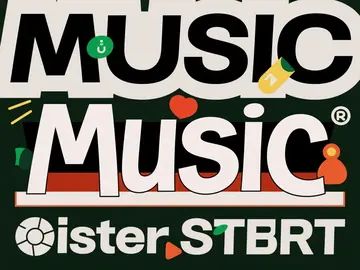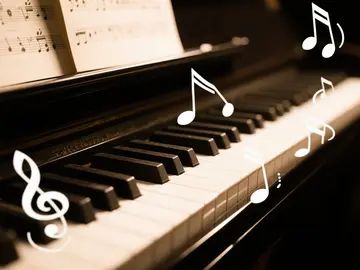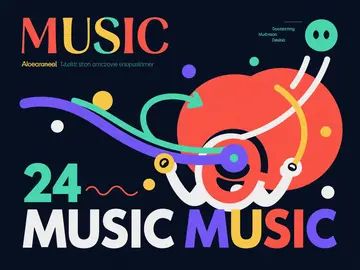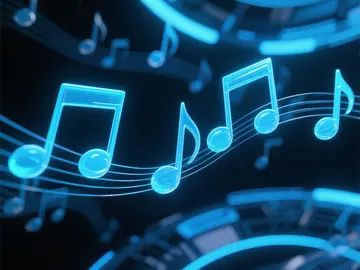?? Introduction: Why AI Music Jobs Are the Future
The music industry is evolving fast, and artificial intelligence is playing a major role. From composition and sound design to music recommendation engines, AI is transforming how music is made, consumed, and monetized. If you're a creative with a passion for music and technology, now is the perfect time to pursue an AI music job.
In this guide, we’ll walk you through each step to help you start a career in AI-powered music — even if you’re coming from a creative background.
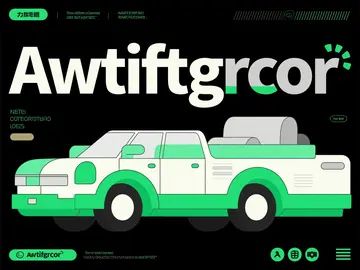
?? Step 1: Understand What an AI Music Job Involves
AI music jobs are diverse and range from technical to creative roles. Here's a quick overview of the most common types:
| Job Title | Main Focus | Required Background |
|---|---|---|
| AI Music Composer | Create music using AI tools | Music + basic coding |
| Audio Machine Learning Engineer | Build AI audio models | Computer Science + DSP |
| Music Data Scientist | Analyze music trends and listener data | Statistics + music knowledge |
| Creative AI Sound Designer | Use AI for unique soundscapes | Sound design + generative tools |
| AI Music Marketing Analyst | Predict hits, audience targeting | Marketing + analytics |
?? Tip: Research companies like AIVA, Boomy, and Endel to see real-world job roles.
??? Step 2: Build the Right Skill Set
?? Creative Skills
Music Theory: Learn the fundamentals of harmony, melody, and rhythm.
Digital Audio Workstations (DAWs): Tools like Ableton Live, Logic Pro, or FL Studio are essential.
Sound Design: Understand synthesis, sampling, and audio FX chains.
?? Technical Skills
Python Programming: The go-to language for AI and machine learning.
Machine Learning Frameworks: TensorFlow, PyTorch, and Keras are widely used.
Audio Processing Libraries: Explore LibROSA or Essentia for audio feature extraction.
?? Pro Tip: Start with Google’s Magenta Studio or OpenAI’s MuseNet for beginner-friendly AI music creation.
?? Step 3: Create a Portfolio That Combines Art and Code
You don’t need a PhD — just show what you can do. Your portfolio should include:
AI-generated music samples ??
Visualized audio data analysis ??
Open-source contributions (e.g., GitHub projects) ??
Before-and-after sound design demos ??
?? Bonus: Host your portfolio on a sleek website or personal blog to boost your discoverability on Google.
?? Step 4: Join the AI Music Community
Surrounding yourself with like-minded people can accelerate your growth. Get involved:
????? Reddit & Discord: r/AIMusic and AI music channels
??? Podcasts: “Machine Learning for Musicians,” “AI in the Arts”
?? Online Courses: Look for AI x music courses on platforms like Coursera and Domestika
?? Attend events like AI Music Creativity Conference or NAMM Show’s AI panels to network with professionals.
?? Step 5: Apply Strategically
Now it’s time to search and apply for jobs. Here’s how:
?? Craft a Focused Resume
Highlight crossover skills (music + tech), tools you’ve used (Magenta, TensorFlow), and include a portfolio link.
?? Where to Apply
LinkedIn – Search for “AI music job” or “music data scientist”
AngelList – Target music tech startups
Indeed & ZipRecruiter – Use filters like “remote,” “AI,” “music”
Company Careers Pages – Boomy, Endel, Splice, TikTok
?? Many AI music job salaries range from $80,000 to $140,000/year, depending on the role and location.
? Step 6: Nail the Interview
When you get to the interview stage:
?? Know the company’s AI products (mention specific tools or demos they’ve released)
?? Show your passion by discussing your own AI-music experiments
?? Prepare case studies on how you’d improve a product or predict a trend using AI
?? FAQ: Common Questions About AI Music Jobs
Q1: Do I need a degree in computer science to get an AI music job?
No. Many creatives enter the field through self-learning and project-based portfolios.
Q2: What are the most beginner-friendly AI tools for music?
Try Google’s Magenta Studio, OpenAI MuseNet, or Amper Music.
Q3: Is AI going to replace musicians?
Not likely. AI is a tool — and creatives who know how to use it will thrive.
?? Conclusion: Ready to Start Your AI Music Career?
Landing an AI music job may seem intimidating, but it’s more achievable than ever. With the right mix of creative and technical skills, a solid portfolio, and strategic job hunting, you’ll be well-positioned to ride the wave of AI-powered sound.
?? Start today: Pick a tool, build something small, and join the community. Your AI music career starts now.

